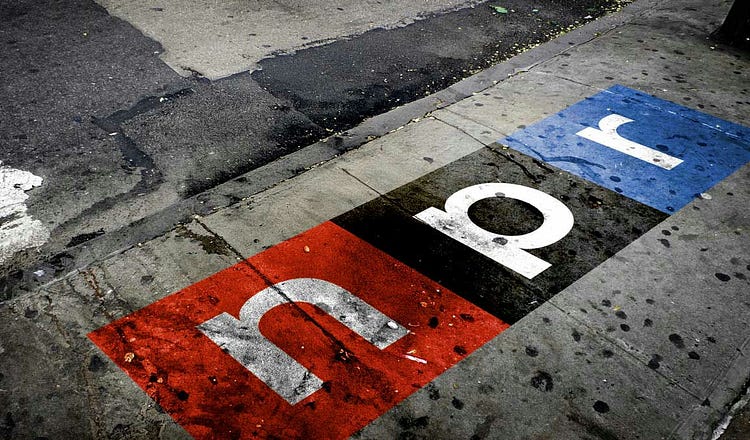
The Senate voted this morning to claw back $1.1 billion from the Corporation for Public Broadcasting, which provides funding for NPR, PBS, and local stations. Pending final approval in the House, the federal government will, after more than half a century, no longer be in the business of supporting NPR.
The vote is a victory for Republicans who have long had National Public Radio (NPR) in their sights. But it is also a victory for those of any political stripe who believe the government has no business funding the media.
I didn’t use to count myself among them. But over the past year, under the leadership of a divisive new CEO, instead of taking criticisms of its coverage to heart, NPR instead doubled down on agenda-driven journalism. So, as someone who had spent most of his career at the network, I didn’t support defunding. I instead suggested that NPR could build back credibility by voluntarily giving up federal support. Obviously that didn’t happen.
NPR has said President Donald Trump’s push for defunding is an attack on press freedom and the First Amendment. While defunding is a harsh rebuke to NPR, it’s not fatal. A relatively small portion of its budget—some 5 to 10 percent depending on how you do the math—comes from direct and indirect federal funding. But for small public radio stations that rely more on federal support, the repercussions could be severe. While Republicans cast the votes to defund, NPR also has itself to blame for the outcome.



